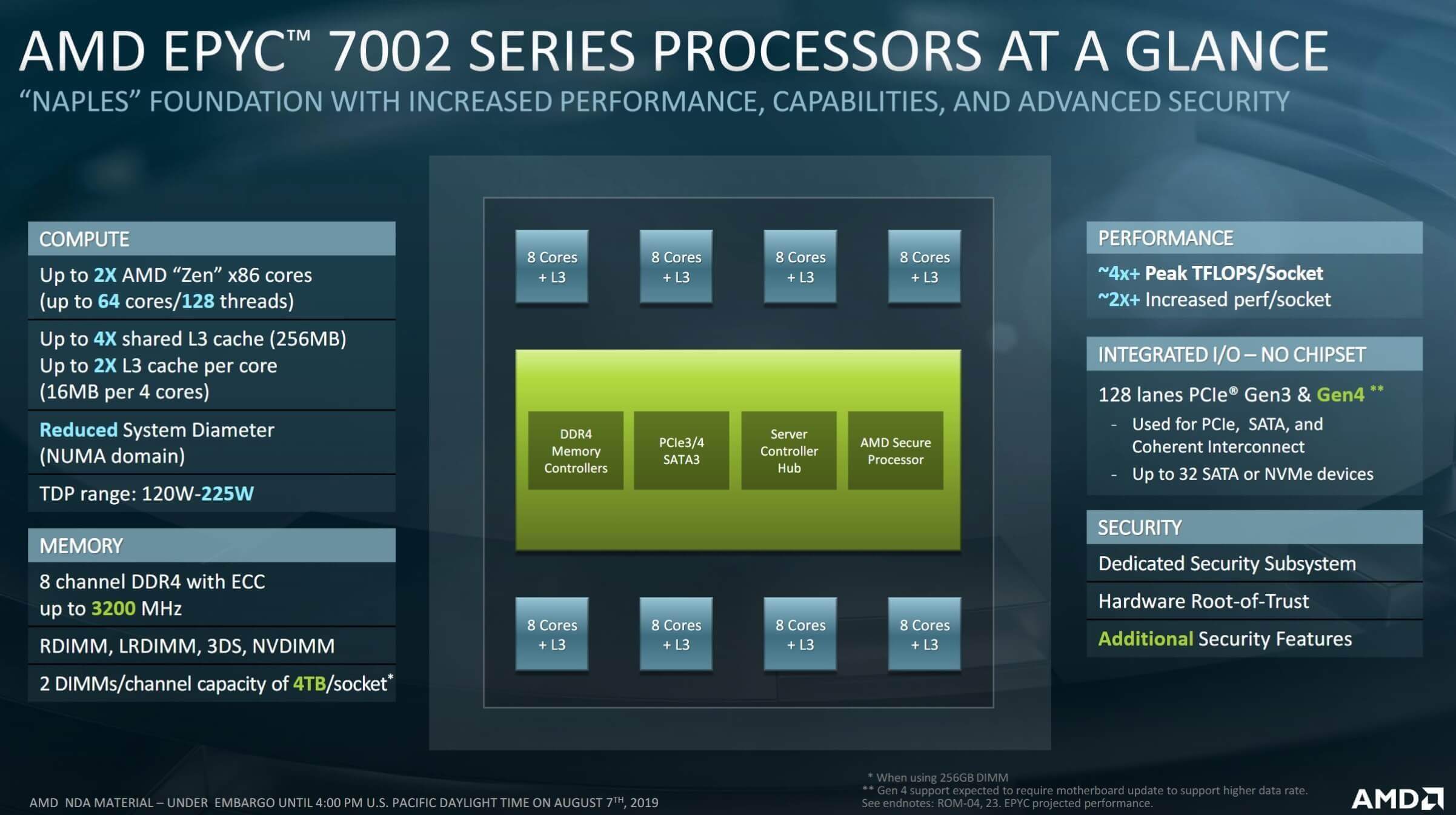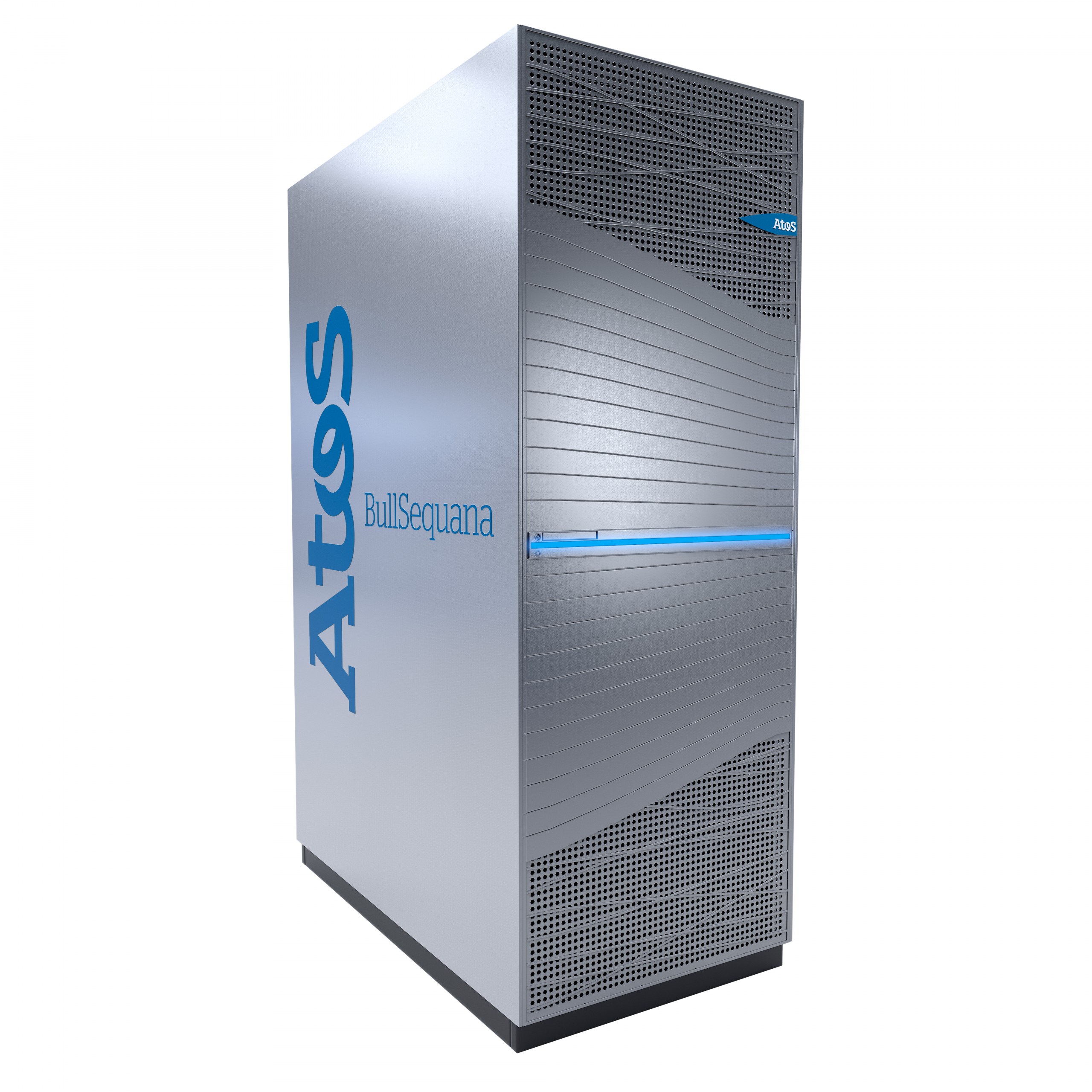Big quote: "By leveraging our high-performance AMD EPYC server processors, the Atos supercomputer can enable significant improvements in weather forecasting, helping to increase the accuracy of weather predictions around the world," said Forrest Norrod, Senior Vice President and General Manager, Data Center and Embedded Solutions Business Group. "The real-time data powered by AMD EPYC and delivered by the supercomputer at ECMWF has the potential to decrease the impact of severe weather events on peoples' lives."
AMD and Atos have issued joint press releases announcing a partnership with the European Centre for Medium-Range Weather Forecasts (ECMWF) to power its new meteorological supercomputer. Once operational in 2021, the new supercomputer will allow the ECMWF to run predictions at a higher resolution of around 10km.
The new supercomputer will be based on Atos' BullSequana XH2000 high-performance computing platform. The BullSequana XH2000 is a highly scalable, exascale-ready platform that succeeds the original BullSequana X1000. Outside of AMD's 64-core/128-thread Epyc 7742 and Mellanox 200 Gigabit HDR InfiniBand interconnects, there aren't any more specifics regarding the configuration.

However, the BullSequana XH2000 42U cabinet is capable of accommodating up to 32 direct liquid-cooled 1U blades. The 1U blades are configurable with 3 compute nodes, and currently support AMD's Epyc 7002, Intel's second generation of scalable Xeon processors (Cascade Lake), Nvidia's Volta V100, and Cavium's ThunderX2 Arm-based chip.
Once deployed, the new supercomputer will be among the most potent meteorological supercomputers in the world, supporting hundreds of researchers from over 30 countries across Europe. Specifically, it should improve the ability for medium and long-range weather forecasting, as well as anticipating severe weather events and intensity.
The new Atmos supercomputer will be built and installed at the ECMWF data center in Bologna, Italy, in 2020. The system is expected to be in service sometime in 2021. This is another important supercomputing win for AMD, with Epyc chips recently landing in Archer 2, the new supercomputer belonging to United Kingdom Research and Innovation (UKRI).
